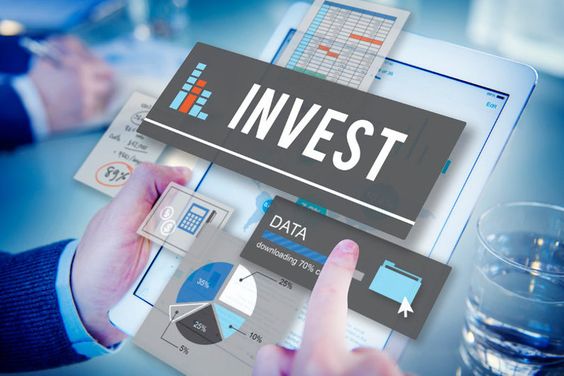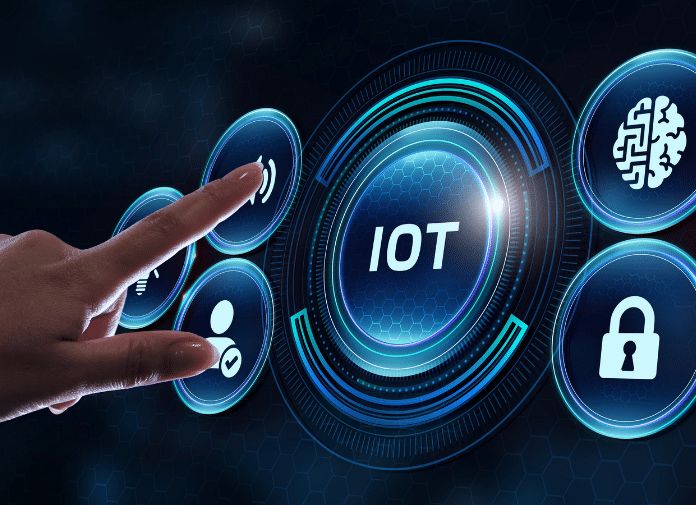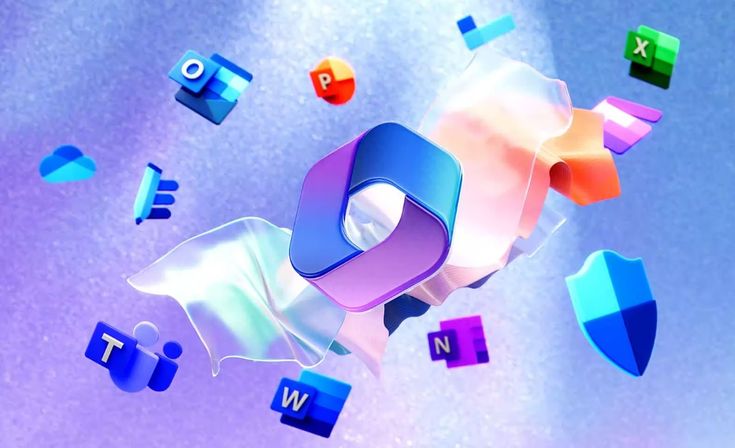
Investing in high-quality IT hardware is crucial for any business looking to maintain efficiency, reliability, and scalability. High-performance components like SSDs, RAM, servers, and networking equipment directly impact the speed and functionality of your systems, leading to improved productivity, reduced downtime, and lower long-term maintenance costs.
Quality hardware ensures smoother operations, enhances security, and supports future growth by handling increased workloads without compromising performance. In this post, we’ll explore the key benefits of investing in robust IT hardware and how it can provide a strong foundation for your business's technological infrastructure.
In today's fast-paced business world, selecting the right computer hardware for your company can be the difference between success and failure. But first, let's understand what a computer hardware is.
Computer hardware refers to the physical components of a computer system, including desktops, laptops, monitors, keyboards, mice, and networking devices. These components work together to help your employees complete tasks and keep your business running smoothly.
Hardware decisions have a direct impact on your team's productivity, efficiency, and overall business success. In this blog post, we'll explore the top 5 essential computer hardware components that you should have to run a successful business, as well as the benefits of choosing the right hardware.
1. High-Performance Desktops or Laptops
When it comes to your employees' primary work tools, you can't skimp on quality. Investing in high-performance desktops or laptops is essential to ensure your team can complete tasks quickly and efficiently. When selecting a computer, consider factors like processing power, RAM, and storage capacity to find the best fit for your business needs.
Selecting the appropriate desktops or laptops not only increases output but also decreases downtime brought on by poor or outdated hardware. According to an Intel research, companies may lose up to 42 hours of productivity per employee annually as a result of outdated computers. Therefore, investing in new, high-performance computers is not only wise, but also crucial for your business's financial success.
2. Reliable Networking Components
A stable and secure internet connection is the backbone of any modern business. To ensure smooth communication and data transfer, invest in reliable networking components like routers, switches, and modems. These computer hardware parts are critical in connecting your business's devices and enabling seamless collaboration between your team members.
In addition to decreasing downtime, a healthy network increases productivity, freeing your staff to concentrate on their core competencies. In fact, Cisco research found that an effective network infrastructure can help firms save up to 2.5 hours per employee per week. Therefore, your company's success depends on making sure that your network components are current and dependable.
3. Robust Backup and Storage Solutions
In today's data-driven world, having a solid data backup and storage system in place is non-negotiable. Network Attached Storage (NAS) devices, external hard drives, and cloud-based storage solutions are some popular options for businesses to store and protect their critical information.
Purchasing a strong backup and storage solution protects your data from possible loss as a result of cyberattacks, hardware malfunctions, or inadvertent deletion. Knowing that your data is safe gives you a great deal of peace of mind, and in the event of an emergency, quick data retrieval can save your company a lot of time. Data protection must be given top priority since, according to a University of Texas study, 94% of businesses that experience a catastrophic data loss do not survive.
4. Essential Computer Hardware Components: Quality Monitors and Ergonomic Peripherals
High-quality monitors and ergonomic peripherals, such as keyboards and mice, are essential for employee comfort and productivity. A quality monitor can reduce eye strain and make it easier to focus on work, while ergonomic peripherals help prevent repetitive strain injuries and other health-related issues.
By making an investment in high-quality monitors and ergonomic accessories, you're raising employee happiness and team productivity. When given ergonomic equipment, 93% of workers reported higher levels of working satisfaction, according to a Fellowes research. A more engaged workforce and greater retention rates can result from putting employee well-being first in the long run.
5. Uninterruptible Power Supply (UPS) Systems
Power fluctuations and outages can wreak havoc on your business operations, making uninterruptible power supply (UPS) systems an essential piece of computer hardware. By providing backup power during outages or fluctuations, UPS systems protect your hardware investments and prevent data loss.
The power and runtime requirements you have will determine which UPS system is best for you. Purchasing a UPS system lowers downtime brought on by unforeseen power outages while also protecting your company from them. The average cost of a data center outage in the US is $740,357, per a recent study conducted by the Ponemon Institute. This number emphasizes how crucial it is to safeguard your technology and data against power-related interruptions, even though not every company has a data center.

Selecting the best computer hardware for your business can be a daunting task, especially with the myriad of options available in the market. To make the process easier and ensure you make informed decisions, here are some tips to guide you:
By following these tips, you can make more informed decisions about the computer hardware components you invest in for your business, ensuring that you choose the right tools for success.
In conclusion, the top 5 essential computer hardware components for businesses are high-performance desktops or laptops, reliable networking components, robust backup and storage solutions, quality monitors and ergonomic peripherals, and uninterruptible power supply systems. By choosing the right hardware, you'll not only improve productivity and efficiency but also ensure the long-term success and growth of your business. Remember, investing in quality hardware today will save you time, money, and headaches down the line. So, make sure you prioritize your hardware needs to set your business up for success.
Refferences:
Top 5 Essential Computer Hardware for Business Success (infotank.com)

Explain the importance of standards in IoT and benefits for your productivity.

List the top apps within Microsoft 365 (like Outlook, Teams, OneDrive, and Power BI) and explain how each supports different aspects for beginners.

In 2024, mastering programming languages is not just an asset but a necessity for those looking to thrive in the tech industry. As technology advances, the importance of staying current with evolving languages becomes clear, particularly as they expand in functionality and application. Here’s a deeper look at some of the most influential languages shaping the landscape of software development today.
This website uses cookies to improve your experience.